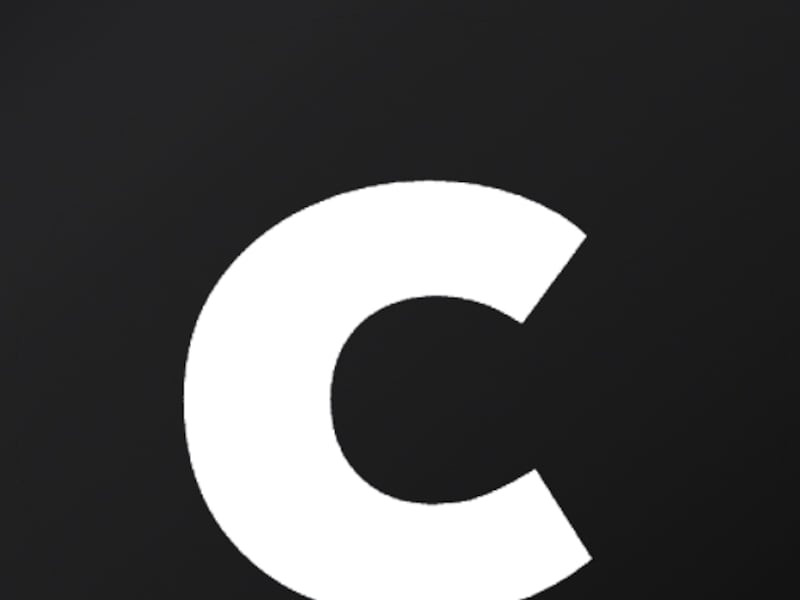The ethics of training AI databases using publicly available internet information, without explicit permission from content creators, is a topic of ongoing debate.
The New York Times reported in December 2023 that it is suing OpenAI and Microsoft for copyright infringement, alleging that they trained their AI programs using millions of articles from the outlet, which are now being used in competition.
Similarly, artists on Instagram are voicing their concerns about AI misappropriating their work, prompting many to leave the platform in favor of Cara, a social media platform that claims to offer better protection for artists and their creations.
According to The Washington Post, Cara’s user base skyrocketed from approximately 40,000 to 650,000 within a week.
“I haven’t slept,” Cara founder Jingna Zhang told The Washington Post. “We were not expecting this.”
Why are artists leaving Instagram?
Instagram has traditionally provided a space for artists to publicly share their work and build portfolios. However, many are now leaving due to concerns that Instagram’s parent company, Meta, is using their art to train its AI.
The call to leave Instagram gained momentum after Meta’s chief product officer, Chris Cox, disclosed at Bloomberg’s Tech Summit in May that the company uses publicly available photos and text on Instagram to train Emu, its text-to-image generator, per Business Insider.
“We don’t train on private stuff, we don’t train on stuff that people share with their friends, we do train on things that are public,” Cox said.
The issue further escalated when Meta informed users in the U.K. and EU that their data would be used to improve AI, according to Euronews. Despite the option to opt out, data could still be used if shared in another user’s post, causing further discontent among users.
What is Cara and why do artists prefer it over Instagram?
Cara was created as a response to the accusations against AI companies using copyrighted material without consent.
Zhang, an advocate for artists’ rights, has joined other artists like George R. R. Martin in filing lawsuits against AI companies over these practices, according to The Washington Post.
Cara aims to offer artists a platform where they can post their work without fearing it will be used to train AI.
“When AI art’s popularity exploded in late 2022, many art platforms turned away from the pleas of their users when it came to moderating AI-generated images,” Cara’s website says, “and while generative AI can be a powerful tool, we cannot ignore that AI companies are using datasets trained on copyrighted work and private personal data without our consent.”
Cara also aims to increase transparency around the use of AI-generated images.
“With the widespread use of generative AI, we decided to build a place that filters out generative AI images so that people who want to find authentic creatives and artwork can do so easily,” the website explains.
The influx of users resonating with Cara’s mission has caused the still-developing app to crash multiple times.
Zhang took to X earlier this month to share they are working to iron out the platform’s kinks to better accommodate Cara’s influx of users, which she says is now at around 800,000.
“I decided to build Cara and I will do all I can in my power to make it work,” she said in a follow-up comment on the post. “If you’d like to help, please respect the work our team and I have been doing, have faith in me, and be kind and supportive to one another.”

